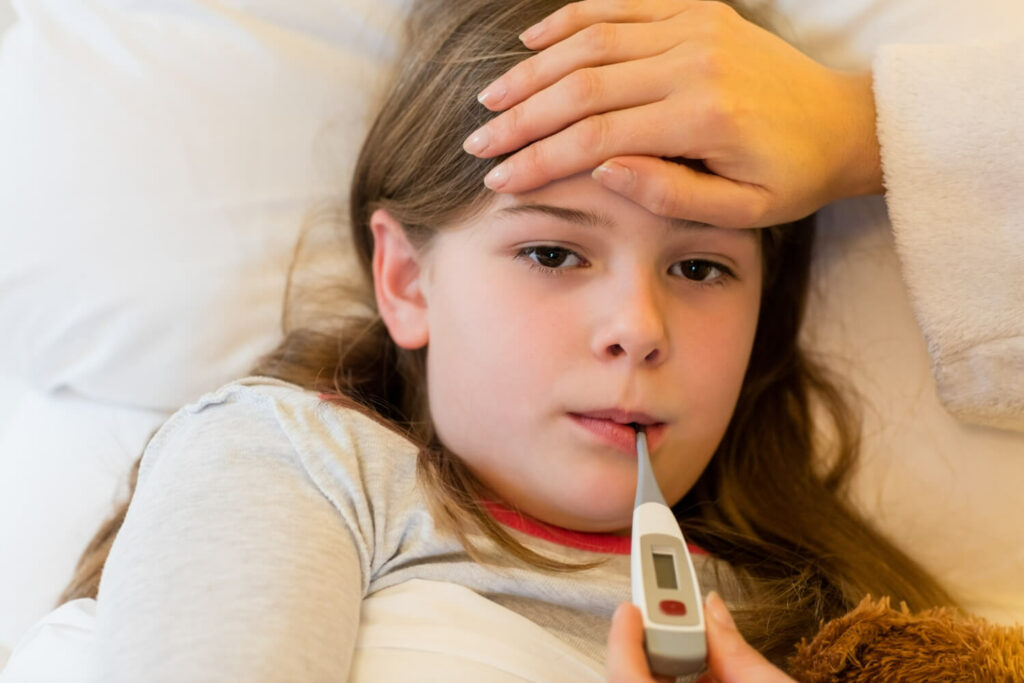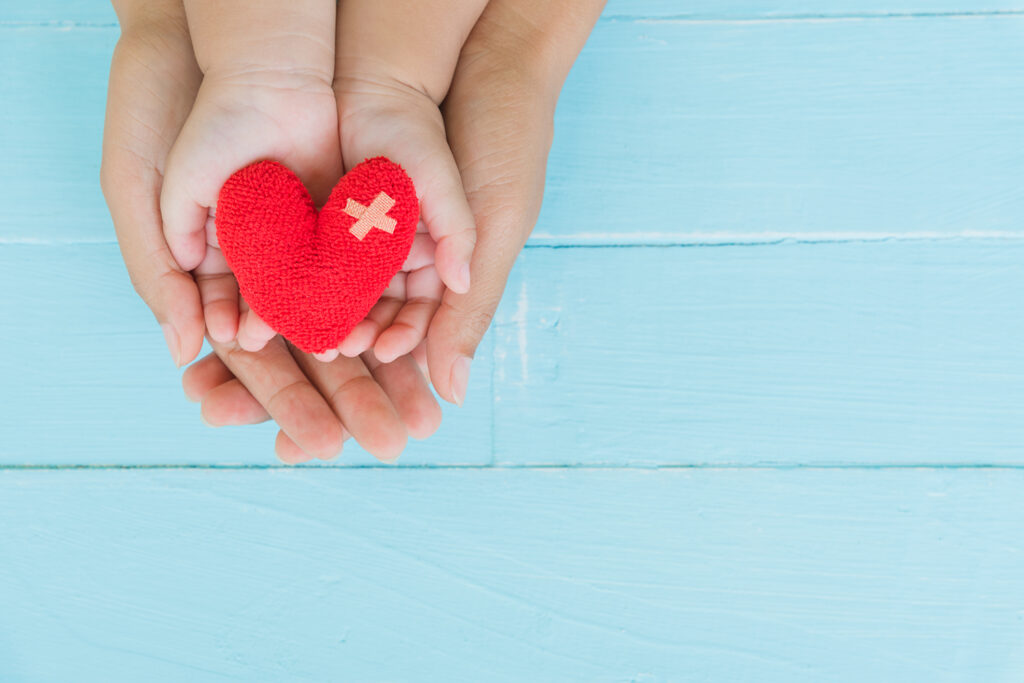Child RSV Services in Omaha, Nebraska
What is RSV in children?
Respiratory syncytial virus, more commonly known as “RSV,” is a common respiratory virus that typically presents with mild, cold-like symptoms. Unfortunately, young children and older adults can develop very serious cases of RSV that may require hospitalization.
RSV is spread when fluids from an infected person’s mouth or nose come in contact with another person, and that person then touches their nose, eyes, or mouth. Since young children are so prone to putting their hands and other objects into their mouths, it can be difficult to keep germs away. This makes vaccinations an extremely important facet of your child’s health plan.

Symptoms of RSV
RSV presents very similarly to a cold — especially in early stages of infection —so it can be difficult to tell if your child has RSV or not. The following symptoms are some of the more common signs of RSV:
- Cough
- Runny nose
- Fever
- Sneezing
- Wheezing
- Unusually fast breathing, or difficulty breathing in general
- Difficulty swallowing, eating, or drinking
- Lowered appetite
- Chest or stomach strain while breathing
- Blue coloration around fingertips and lips
- Brief moments without breathing, also known as apnea
If you are concerned that your child or infant has developed a severe case of RSV, it’s important to call the Omaha Nebraska Home Pediatrics & Parents office to schedule an appointment.
What is the RSV Vaccine?
The newly-developed RSV vaccine was introduced in 2023. This shot delivers RSV antibodies directly to your child’s body in order to prevent infection. The vaccine is recommended for infants younger than 8 months, and children aged 8-19 months if they have high risk for severe RSV disease. It is also recommended for older adults and any high-risk individuals.
Nebraska Home Pediatrics & Parents believe this vaccine is generally safe, and is confident in the amount of rigorous development and research the vaccinations go through before approval.
Who is at high risk for severe RSV?
While all infants and young children are recommended to get the RSV vaccine, certain children are at higher risk for a severe case of RSV. These include children with:
- Weakened or compromised immune symptoms
- Infants 12 months and younger
- Children under 2 years of age with congenital heart disease
- Premature infants
- Neuromuscular disorders
Why is it important to get the RSV vaccine for babies in Omaha?
We recommend parents get their children vaccinated for a variety of reasons, one of which is there are few medications available that treat RSV effectively. When RSV cases turn severe, it is not uncommon for children to spend time in the hospital, which can be highly disruptive and very expensive. By getting your child the RSV vaccine, you are taking a preventative approach to their health, and increasing the likelihood they will be protected from a severe case of RSV.
The more children that get vaccinated for RSV, the more protection there is overall within our community. This plays a huge part in keeping ourselves and the people around us healthy.
What are the most common side effects of the RSV vaccine for babies?
Much like other infant vaccines, the most common side effects of the RSV vaccine for babies are redness at the injection site, fever, and irritability. Some babies may develop a rash, fatigue, body aches, and cold symptoms.
It’s important to discuss any allergies with your medical provider, to make sure they don’t interfere with or make your child ineligible for the RSV vaccine.
Not sure if your baby needs the RSV Vaccine?
We understand that infant vaccinations can be overwhelming, and we’d be happy to discuss effectiveness, safety, and your child’s needs with you directly.
We hope to offer the RSV vaccine at some point. Supplies are limited since it is a relatively new vaccine. Call us to find out more information.
